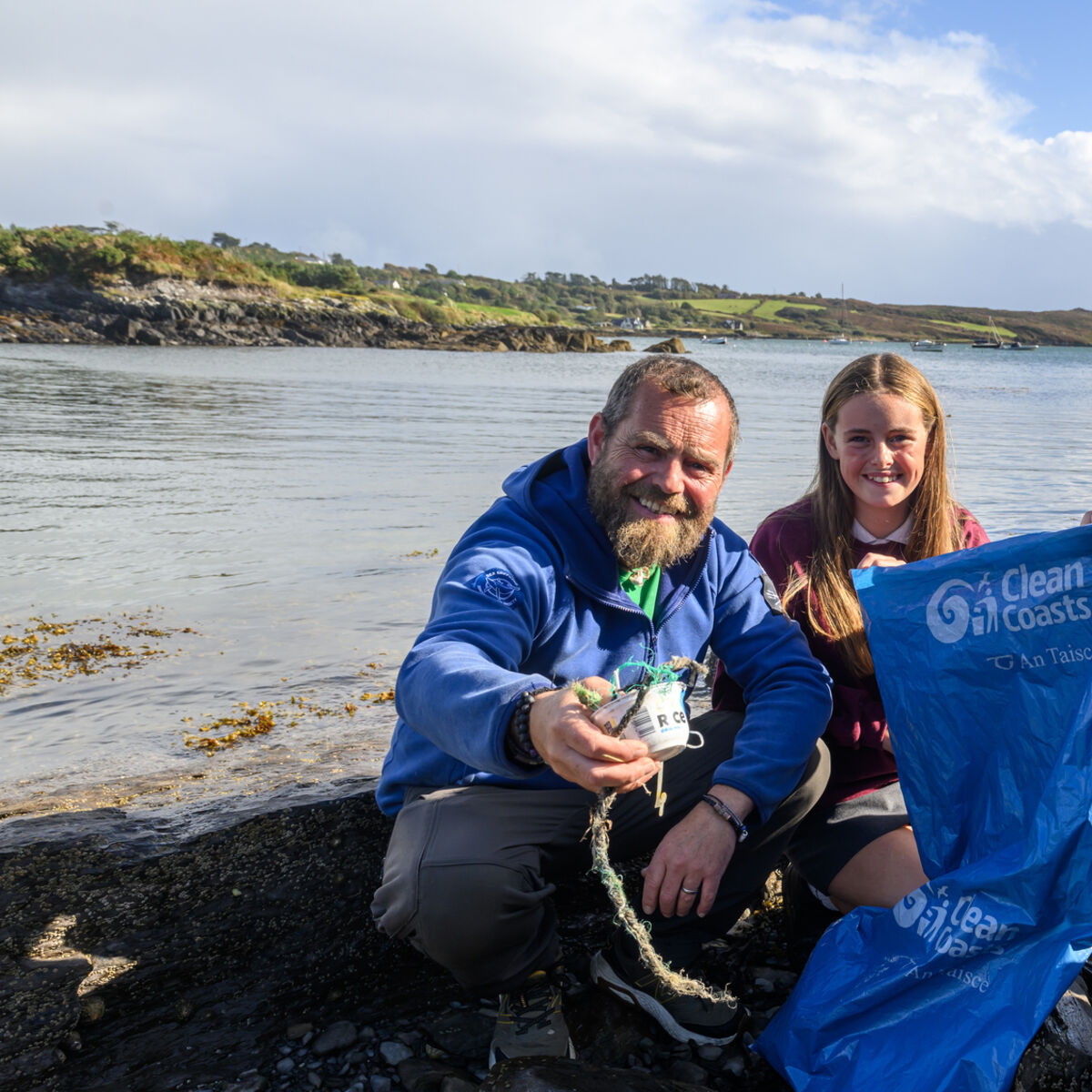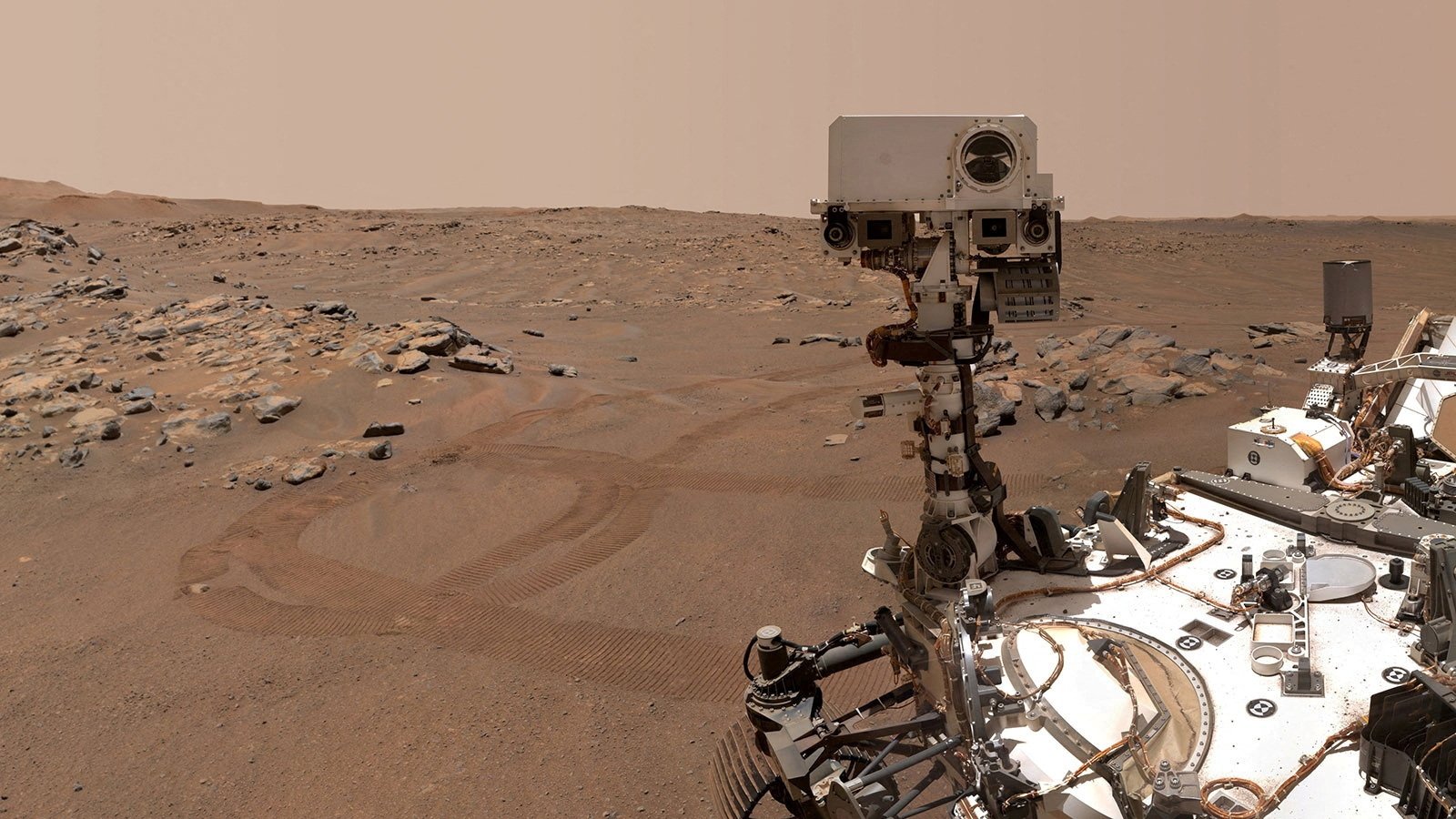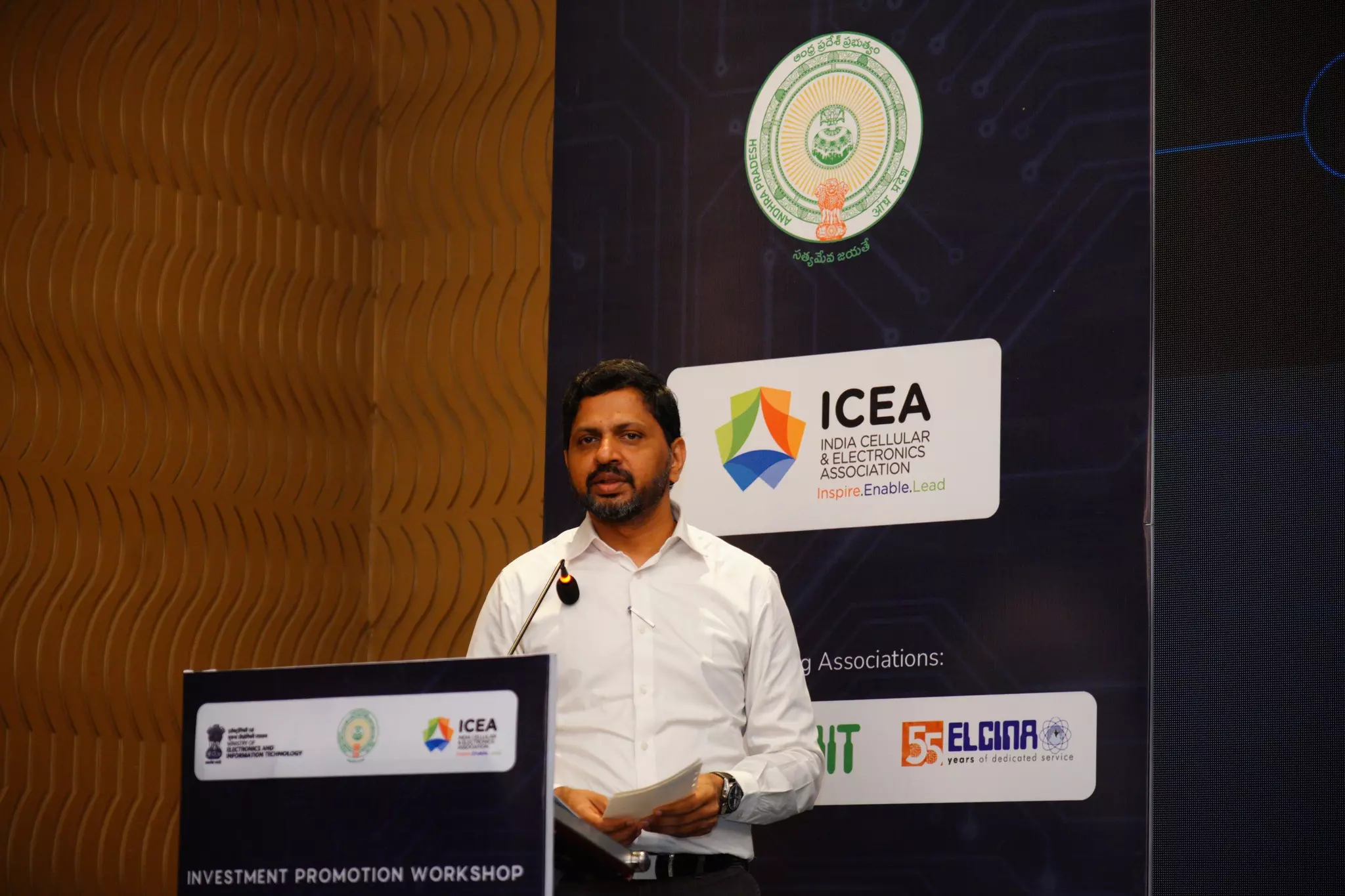Families encouraged to help clean their local coastline as part of Clean Coasts Big Beach Clean
By Helen O’callaghan,Irishexaminer.com
Copyright irishexaminer

“It’s a nice activity, just to be out in the fresh air, in nature,” says Mark, a long-time supporter of An Taisce’s Clean Coasts programme and a recipient of the Ocean Hero award in 2024.
Leo and Millie have been involved in beach clean-ups since they were very young. Mark says: “They didn’t really get a choice. Anytime I was going to the beach, they were coming, too. Thankfully, some of it has rubbed off on them.”
“We’ll probably go to Barleycove for the Big Beach Clean. It’s our favourite beach. We always come away with two or three bags full, if we’re there on our own. And it all comes in from the sea. It’s not from the people around, locals, who enjoy the beach.”
Millie says they’ve found a lot of rope and netting, as well as marine plastic, washing-up liquid bottles, and food wrappers. For Leo, ithighlights the amount of litter dumped instead of being recycled: “Plastic takes 800 to 900 years to break down. If it were recycled, it’d have another use.”
The benefits for his children of participating in beach clean-ups are obvious, says Mark. “You’re helping the environment, it’s very good for mental health, and you’re future proofing how to take care of the environment through young people.”
15,000 volunteers
Last year, 600 groups took part nationwide in the Big Beach Clean, with 15,000 volunteers removing 95 tonnes of litter from our marine environment. This year, Clean Coasts aims to build on that success by encouraging families, individuals, and communities — to come out and clean their local coastline or waterway.
In tandem, volunteers can also contribute to a global citizen science effort by updating marine litter data cards, which highlight common waste items found on Irish shores and use feedback given by previous beach cleaners. The latest Irish Business against Litter (IBAL) survey identified cigarette butts, sweet wrappers, and fast-food packaging as the most frequently encountered litter.
Mick Berry and his 11-year-old son, Shem, will be at next weekend’s Big Beach Clean, with multi-award-winning Tomhaggard Clean Coasts group in Wexford. So will mother of one Jeni Roddy, her husband, Conall Geoghegan, and their son, Lonán, 10. “The Tomhaggard group will choose the location. They cover from the windmills at Carne all the way to Cullenstown beach, a stretch of 25km. We’ll be within that range,” says Jeni.
“We’ll have a good go at it for about three hours,” says Mick, adding that Shem has been doing beach cleans since he was five or six. “For me, it’s about sowing the seed, not just around the clean-up, but his awareness of the coast and the species that live along it.”
Shem is looking forward to being part of the Big Beach Clean. “I like going out picking up stuff — we get lots of fishing nets, ropes, and lines. Also, fragments of plastic, those small bits of plastic you can’t get with the picker, you have to put on a pair of gloves and pick them up.”
Elaine Doyle, Clean Coasts’ development officer for Cork, Kerry, and Waterford, confirmed that 31 primary schools, 27 secondary schools, 16 youth groups, and 102 family groups had so far registered to do this year’s Big Beach Clean. Overall, 500 groups had signed up.
When Jeni Roddy does beach clean-ups with Tomhaggard Clean Coasts, there are often 10 to 15 children in the mix. “You see the kids having great fun together, dragging big barrels across the beach.”
Jeni wants Lonán to be aware of the nature surrounding him, to connect with it and to understand how he can make a difference. “So that when he gets older, he’s able to pass on this love to his children and to his community.”
She says nature has always been an essential in his upbringing. “I recognised, when he was very small, that if he was crying and I sat outside on the steps and faced him out to the garden and the trees, he would stop crying straightaway. So I realised that nature was just a place of harmony for him and for me.
“This summer, Lonán was barely on the computer. He really made a decision to spend the summer outside and the majority of what he did was outdoors. He loves bush craft and hiking.
“For me, it was so satisfying to see that all those years of passing on the connection with nature have become ingrained,” says Jeni, an artist whose projects focus on the environment, climate change, and how each of us can positively make changes.
Lonán says beach cleaning is fun: “The most surprising thing I ever found was a dead dolphin. That was very sad.”
With his mother reminding him of how they recently came across parts of a humpbacked whale, Lonán says: “The bone was the same size as me and I’m four foot seven.”
Mother and son have also picked up dog toys on the beach, as well as flippers, lots of old shoes, and soles of shoes: “Quite a few shoes come off fishing boats, runners with hard toes; people on trawlers probably lose them overboard.”
Jeni said they see the Big Beach Clean as a family day out: “It’ll be great to join forces with more than just the local beach-cleaning group. It gets a bigger message across.”
‘Clean’ rating up 50%
The 2025 IBAL survey found a 50% increase in the number of beaches and inland waterways achieving a ‘clean’ rating. The report credits this significant improvement to the dedicated work of Clean Coasts groups and local volunteers.
Mick Berry says he has seen first-hand how the clean-ups have made a definite difference: “The impact that a large group of local people can make, if you can get them together; there’s a visible difference when it comes to pollutants like plastic.”
Doyle emphasises that the Big Beach Clean also extends to inland waterways. “With the ‘big beach clean’, we do get inland clean-ups going on, such as in Carlow or Tipperary.
70% of the litter that ends up in the ocean comes from inland activities. Any water body, like a river, is going to run into the ocean. Litter often travels from towns and cities through drains into our waterways. We know that wipes, flushed down the toilet, end up on the beach. Everybody is connected to the ocean.”
While Big Beach Clean 2025 registrations are now closed, volunteers can still take part in the event, as well as submit litter data via Marine Litter Data Cards or the Clean Swell app. By doing so, volunteers contribute to a global initiative tackling marine pollution. The data helps shape international policies tackling ocean pollution and has already led to bans on items like plastic bags and straws worldwide.
Closer to home, insights gathered through previous Big Beach Cleans have informed key Clean Coasts campaigns, such as Bin the Butt and Break up with Plastic.
For more information, visit cleancoasts.org.



